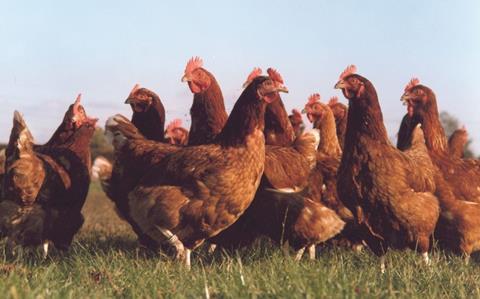From Monday 29th November, it will be a legal requirement for bird keepers in the UK to house their birds indoors and follow strict biosecurity measures to prevent the spread of avian influenza.

Cases of H5N1 avian influenza have been confirmed across the UK in recent days, including Norfolk, North Yorkshire, Essex, Cheshire West, Chester, Cumbria, Lancashire, South Derbyshire, Warwickshire, Worcestershire and Walsall. Housing measures were brought in for parts of North Yorkshire on 21st November, namely the districts of Harrogate, Hambleton and Richmondshire.
The chief veterinary officers for England, Scotland, Wales and Northern Ireland agreed to bring in the additional housing measures, which build on the Avian Influenza Prevention Zone (AIPZ) that was brought in across Great Britain on 3rd November and in Northern Ireland on 17th November.
From 29th November, along with housing all poultry and captive birds, keepers must take extra precautions including cleaning and disinfecting equipment, clothing and vehicles before and after entering sites, limiting non-essential visitors, and minimising direct and indirect contact between captive birds and wild birds.
In a joint statement, the UK's four chief veterinary officers said: "We have taken swift action to limit the spread of the disease and are now planning to introduce a legal requirement for all poultry and captive bird keepers to keep their birds housed or otherwise separate from wild birds.
"Whether you keep just a few birds or thousands, from Monday 29th November onwards you will be legally required to keep your birds indoors, or take appropriate steps to keep them separate from wild birds. We have not taken this decision lightly, taking this action now is the best way to protect your birds from this highly infectious disease."
The new housing measures will be kept under regular review. People are urged to be vigilant over any signs of disease in their own flock or wild birds, to not touch any sick or dead birds and to report any concerns to their vet promptly. Failure to report suspected cases of avian influenza to Defra is an offence.
This story was originally published on a previous version of the Meat Management website and so there may be some missing images and formatting issues.















